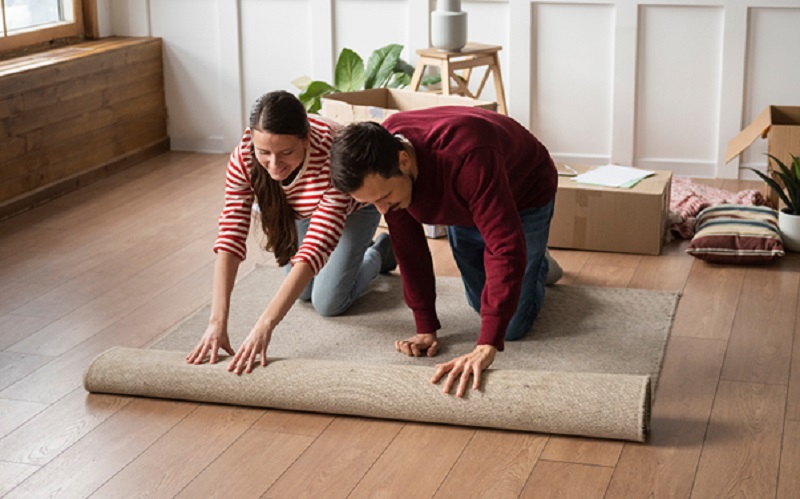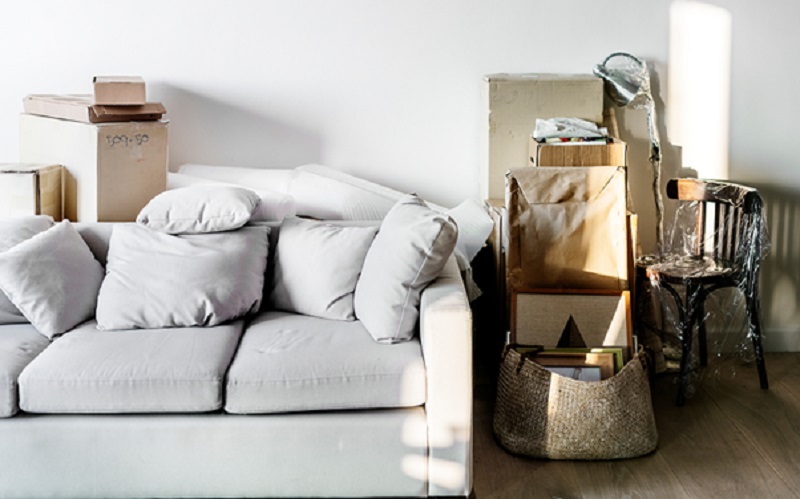Choosing the right carpet supplier in Singapore plays a major role in how long your carpet flooring lasts, how well it performs, and how seamlessly it fits your interior plans. From product options to installation quality, several practical factors affect the outcome. This guide outlines what to consider before selecting a supplier, helping you avoid delays, poor finishes, or unexpected costs.
Supplier’s Range and Material Quality
Singapore’s competitive flooring industry offers extensive carpet flooring options. Choosing a carpet supplier in Singapore begins by assessing available product types. Suppliers offering broad collections usually demonstrate better sourcing networks and stronger ties with international or local mills. Examine carpet types such as loop piles, cut piles, and modular carpet tiles. Focus on material quality—nylon, polypropylene, and wool serve different functions. For high-traffic areas, commercial-grade nylon withstands wear. Wool offers superior texture and temperature regulation but demands higher maintenance.
Reputable suppliers provide complete product specifications upfront, including pile height, density, stain resistance, and backing type. Evaluate these specifications for durability and ease of maintenance. Short, dense piles with stain protection work better in office settings. Softer, plush options fit bedrooms or executive areas. Check if suppliers offer customisation options or in-stock availability for tight project timelines.
Installation Services and Execution Capabilities
Securing consistent carpet flooring performance depends heavily on professional installation. Consider whether the carpet supplier in Singapore provides end-to-end project support. Suppliers offering in-house or partnered carpet installation in Singapore typically deliver seamless timelines and accountability. Clear labour terms, warranty periods, and method statements reduce misunderstandings later on.
Ask suppliers to walk through their installation methods. Direct glue-down suits areas needing firm anchoring, while floating or tackless options fit spaces where temporary removal matters. Skilled installers handle seam trimming, pattern matching, and substrate inspection. Check if suppliers inspect subfloors before installation. Ignoring moisture or unevenness leads to failure, even with premium carpet flooring.
Evaluate post-installation support. Suppliers with responsive after-sales teams handle repair requests or warranty claims more efficiently. Consider contractors who provide maintenance guides or cleaning support as part of long-term engagement.
Pricing Transparency and Quotation Clarity
Carpet flooring costs vary based on design, material, and installation scope. Reliable suppliers disclose all pricing elements clearly. Ask for itemised quotes breaking down product cost, underlay (if needed), installation labour, delivery, and any surcharges. Avoid vague lump-sum quotes that mask hidden charges. Pricing should correspond with product specifications and project scale.
Compare quotations across multiple carpet suppliers in Singapore, but avoid choosing based on the lowest price alone. Cheaper carpets may compromise pile weight, backing strength, or fade resistance. Consider lifetime value rather than upfront savings. For example, paying more for stain-protected or solution-dyed materials can lower cleaning costs and reduce early replacement.
Ask suppliers about their payment structure. Reputable providers maintain clear milestones—deposit upon confirmation, balance after installation, or progressive billing for large sites. Watch for suppliers pushing full payment upfront without documented terms.
Project Experience and Client Portfolio
A seasoned carpet supplier in Singapore typically showcases a client portfolio spanning corporate offices, hospitality settings, and residential projects. Reviewing past projects offers insight into supplier capabilities and design flexibility. Request client references or case studies that demonstrate performance on projects similar to yours.
Suppliers with documented success in complex carpet installation in Singapore—such as multi-level layouts, curved corridors, or acoustically sensitive rooms—bring better problem-solving experience. Check if they collaborate with interior designers, architects, or facilities managers, as these relationships indicate industry credibility.
Evaluate response speed and professionalism during quotation and proposal stages. Consistent communication from the start signals smoother execution throughout. Reliable suppliers demonstrate strong coordination and issue resolution.
Environmental Compliance and Maintenance Support
As businesses and households prioritise sustainable interiors, choosing a supplier who supports environmentally conscious sourcing becomes critical. Look for suppliers offering carpets with third-party certifications—Green Label Plus, CRI Green Label, or low VOC ratings. These reduce emissions and promote healthier indoor air quality.
Some carpet suppliers in Singapore integrate recycling programmes or supply take-back schemes for end-of-life disposal. Ask whether the supplier offers maintenance advice tailored to carpet type. Suppliers that help create custom maintenance plans based on foot traffic zones prolong carpet lifespan and preserve appearance.
Suppliers that stock maintenance products or offer optional cleaning contracts demonstrate after-sales commitment. This ensures the long-term usability of your investment and minimises the total cost of ownership.
Explore flooring possibilities confidently by partnering with a carpet tiles supplier in Singapore with proven expertise. Contact Carpetworkz for professional carpet installation in Singapore and a trusted consultation on all carpet flooring needs.





